8+ Science Fiction & Fantasy Books About One of Readers’ Favorite Places: The Library!
I couldn't help my shelf.
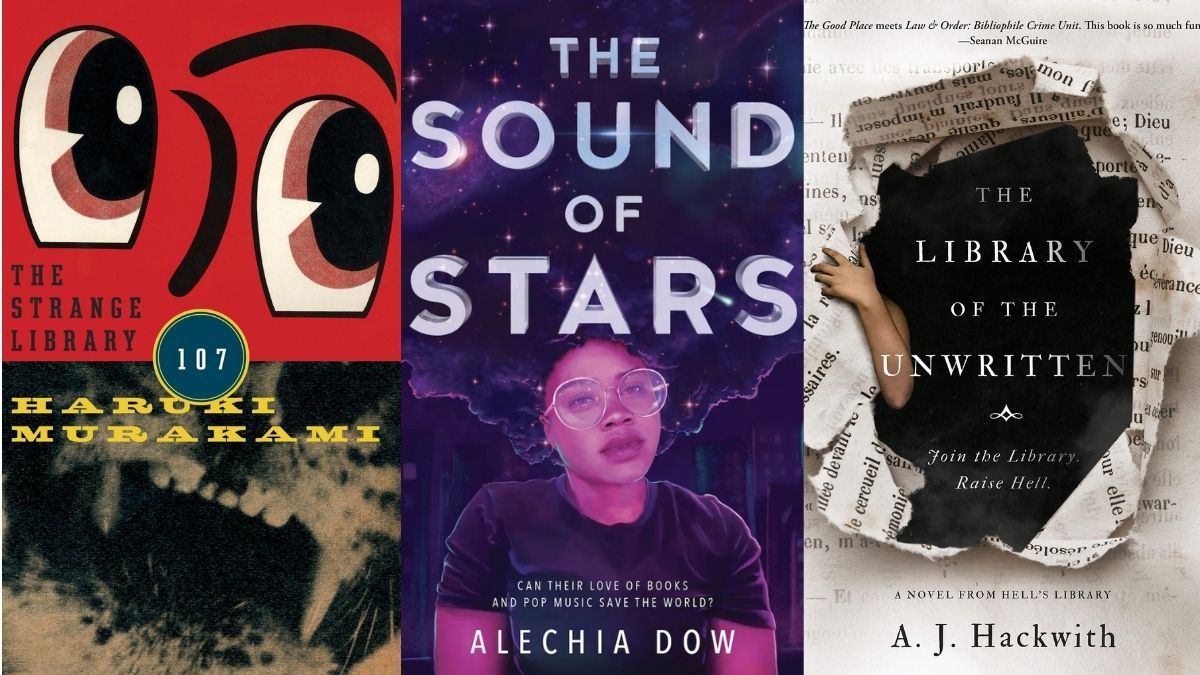
Today, Janelle Monáe’s collaborative anthology The Memory Librarian & Other Stories of Dirty Computer releases. Set within the elaborate world built across Monáe’s albums (but especially her 2018 album Dirty Computer), the Afrofuturism work reflects the power of art, memory, storytelling, and community. These components come back to the theme (and some functions) of libraries.
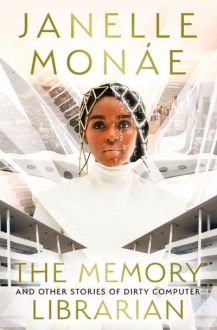
In celebration of this release, I want to share eight more science fiction and fantasy novels (SFF) that explore these themes and ideas using libraries. Libraries serve many, many other functions besides holding book-related spaces and programming. Even for readers, they can be not just a place to pick up books, but also a safe space to reflect and explore. Some of the libraries on this list travel, and others are stationary in Hell, but all feature books and stories that have the power to change the world.
A Discovery of Witches by Deborah E. Harkness
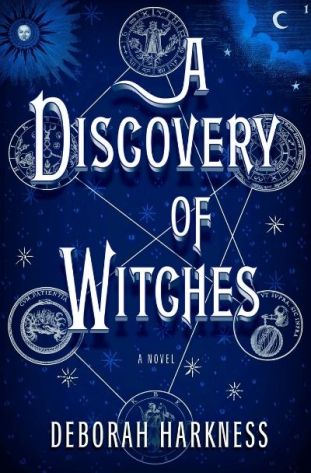
What list of SFF and speculative fiction libraries would be complete without at least one book about the occult and witches? As a young scholar and descendant of witches, Diana Bishop comes across an enchanted manuscript deep in Oxford’s Bodleian Library (at Yale). She meets a vampire geneticist, and a whole dual world opens up upon finding these texts. A Discovery of Witches is the first book in the All Souls Trilogy.
The Sound of Stars by Alechia Dow
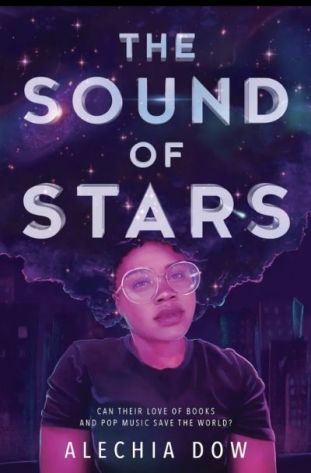
This first-contact story takes place two years after a misunderstanding with aliens, the Ilori, that resulted in the death of 1/3 of Earth’s population. Despite the outlawing of creative expression in her Ilori-controlled NYC, seventeen-year-old Ellie keeps a secret library. This crime punishable by execution is found out by an Ilori commander, but his fascination with music and literature makes him question whether turning Ellie in is the right decision.
The Library of Legends by Janie Chang

As Japanese bombs started raining down in the city of Nanking, leaders sent Hu Lian and other university classmates to the western Chinese provinces in 1937 for safety. Lian and others must not leave just for their safety, but also to keep the 500-year-old collection of myths and historical artifacts known as the Library of Legends. Lian’s complex and dangerous journey to keep the documents safe starts to mirror stories within the library, and immortals yearn to be free of the pages.
The Library of the Unwritten by A.J. Hackwith
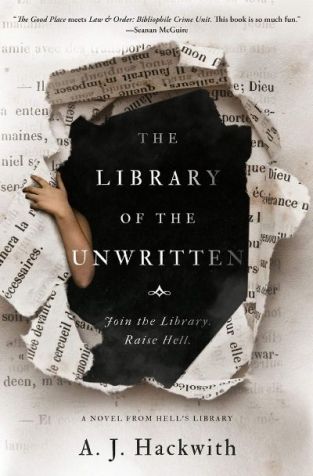
This fantasy action-adventure book follows the librarians of the Unwritten in Hell. Their job is to mend and upkeep unfinished stories while also ensuring that characters don’t materialize and succeed in escaping the library. Things go wrong when an angelic figure stops the librarian in her supposedly routine retrieval and informs her that she holds a dimension-shattering book called the Devil’s Bible. The Library of the Unwritten is the first book in Hell’s Library series.
The Midnight Library by Matt Haig
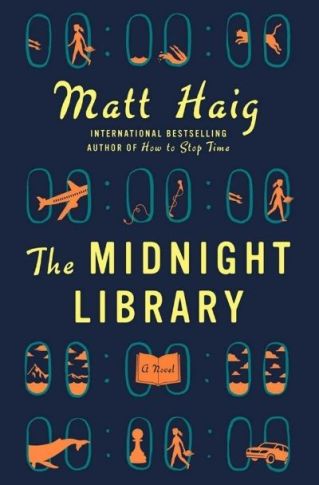
In this time-traveling adventure, Nora Seed comes up to an enchanted library that gives readers a chance to see themselves in different lives. They can travel to the past to a particular decision, make another one, and see how their lives played out. They can ponder and reflect on whether their main story was right for them. Some have described The Midnight Library more negatively as a “Hallmark book,” but I included it anyway because this could be a great stepping stone title for those who don’t read much science fiction. Also, stories have served to reflect on our decisions and ask “what if,” so this is a fascinating premise.
The Strange Library by Haruki Murakami, translated by Ted Goossen

The Strange Library follows a boy visiting his local library after school. After asking about a book, a staff member directs him to room 107, and the child embarks on an unsettling trek through the library stacks. First published in 1983, Knopf released an English edition of this magical realism, Japanese novella (by literary giant Haruki Murakami) in 2014. Opt in for a physical copy if possible, as the 94-page book is heavily illustrated by Chip Kidd and helps set the story’s tone.
Ex Libris: Stories of Librarians, Libraries, and Lore edited by Paula Guran
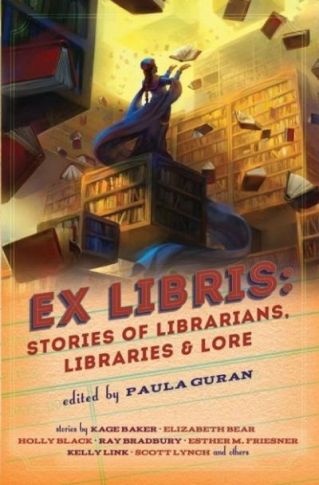
This anthology features new and reprinted short stories from 24 authors known for their work in science fiction and fantasy. Each unique story takes a different aspect or element of different types of libraries and the various people (who run them like librarians, curators, archivists, and support staff), and uses them as the basis for stories that inspire, delight, and terrify.
The writers include Paula Guran, Ellen Klages, Kage Baker, Esther M. Friesner, Elizabeth Bear, Richard Bowes, Ruthanna Emrys, Norman Partridge, Ray Bradbury, Holly Black, Ken Liu, Kelly Link, Sarah Monette, Kristine Kathryn Rusch, A.C. Wise, Tansy Rayner Roberts, E. Saxey, Amal El-Mohtar, Scott Lynch, Robert Reed, Xia Jia, Gregory Benford, Jack McDevitt, and Edoardo Albert.
(image: Knopf Publishing Group, Inkyard Press, and Ace Books)
The Mary Sue may have advertising partnerships with some of the books and/or publishers on this list.
—The Mary Sue has a strict comment policy that forbids, but is not limited to, personal insults toward anyone, hate speech, and trolling.—
Have a tip we should know? tips@themarysue.com
